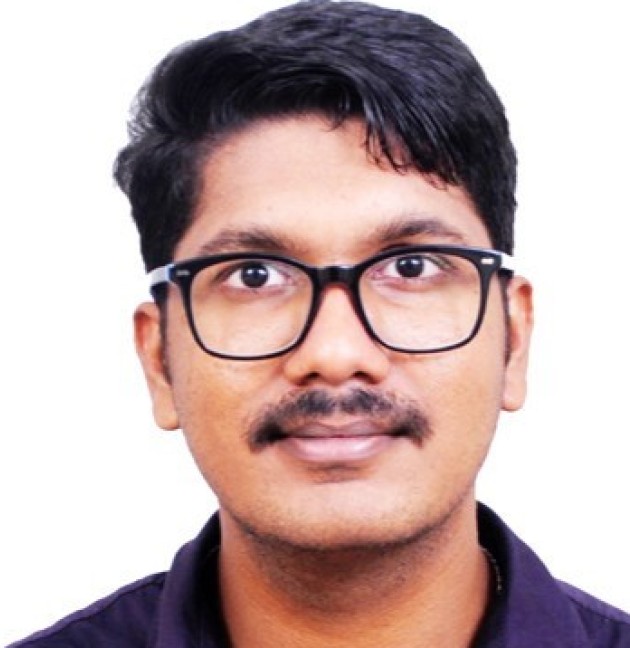2020 MSc Candidate - Vinay Nelli
 Hi! My name is Vinay and I'm from India. My Bachelor’s degree is on Ocean Engineering and Naval Architecture at IIT, Kharagpur. I am currently doing the MSc in fluid mechanics for offshore, coastal, and built environments. I enjoy playing cricket and watching documentaries. I am also the current class representative.
Hi! My name is Vinay and I'm from India. My Bachelor’s degree is on Ocean Engineering and Naval Architecture at IIT, Kharagpur. I am currently doing the MSc in fluid mechanics for offshore, coastal, and built environments. I enjoy playing cricket and watching documentaries. I am also the current class representative.
Why did you decide to do an MSc with us?
I pursued my Bachelor’s degree to contribute to Coastal protection and also, the marine renewable energy sector. However, it has an extensive focus on Naval Architecture and very little emphasis on Ocean Engineering. So, I undertook this MSc to improve my understanding of various Atmospheric and coastal processes that were advertised. Further, the rare opportunity to learn in on the prestigious universities in the world.
What does a typical week look like for you?
The typical week would involve 6-8 lectures each lasting 3 hours. I would also have to spend 6-9 hours spread across the week to work the coursework due the next Monday. One of the peculiar things I’ve observed in Imperial is that Wednesday afternoon is free for everyone irrespective of the department and you’ll have the opportunity to register for many career development seminars and workshops usually scheduled in that timeslot. Further, the cluster organizes “Fluid Fridays” a social event that involves and drinks and snacks with professors and the scholars in the fluid mechanics cluster. This helps in developing important relations with my cohort and the department. Apart from this, there are a few things I personally looked out for every week like the graduate student unions pub quiz on Thursdays and lovely farmers market right in the middle of imperial every Tuesday.
What do you enjoy most about studying in the Department?
The most important thing I feel is that the professors were always welcome to answer my questions even in the subjects they were not instructing on. This way I was able to discuss a topic with professors having a different area of expertise and look at the topic on a whole new angle. Further, the lab visits after the theory classes to visually experience the phenomenon explained in the class aided in understanding some very complex concepts for me. One of the exclusive facilities is the civil engineering department’s personal library. The department is the largest in imperial and its students have access to the civil library apart from complete access to the sophisticated central library.
What has been the most challenging part of the programme?
The main challenge of the Master’s is to hit the perfect work-life balance. The coursework is challenging and it’s very hard to find time to do lectures and coursework in the week. However, if you leave the coursework for the weekend, you’d end up working all week and this will slowly but surely exhaust you. The key is to work on coursework daily and the way I do this is to use the design of the coursework. A typical coursework is divided into tasks and subtasks and are sometimes independent of each other and I usually do a set of subtasks each day and append the results to the final report.
What are you hoping to do after your studies?
My aim in this Master’s was to fast-track my career in the fields of coastal defence or marine renewables and also decide which one I would pursue. Fortunately, coursework’s and projects here helped me in resolving this uncertainty. I am currently doing my research project on modeling coastal flooding under extreme events. I wish to pursue a Ph.D. in developing new methods for flooding and climate prediction.
What advice would you give someone considering doing an MSc with us?
My advice is to be open with the professors and the support staff (You’ll be surprised when you realize the extent imperial supports your development) and use the facilities to the fullest. Join a society or two, there are over 300 societies in the student union and whatever your hobby is, there probably is a society. Studying here keeps you right in the middle of London and use this opportunity to enjoy the most iconic city in the world.


